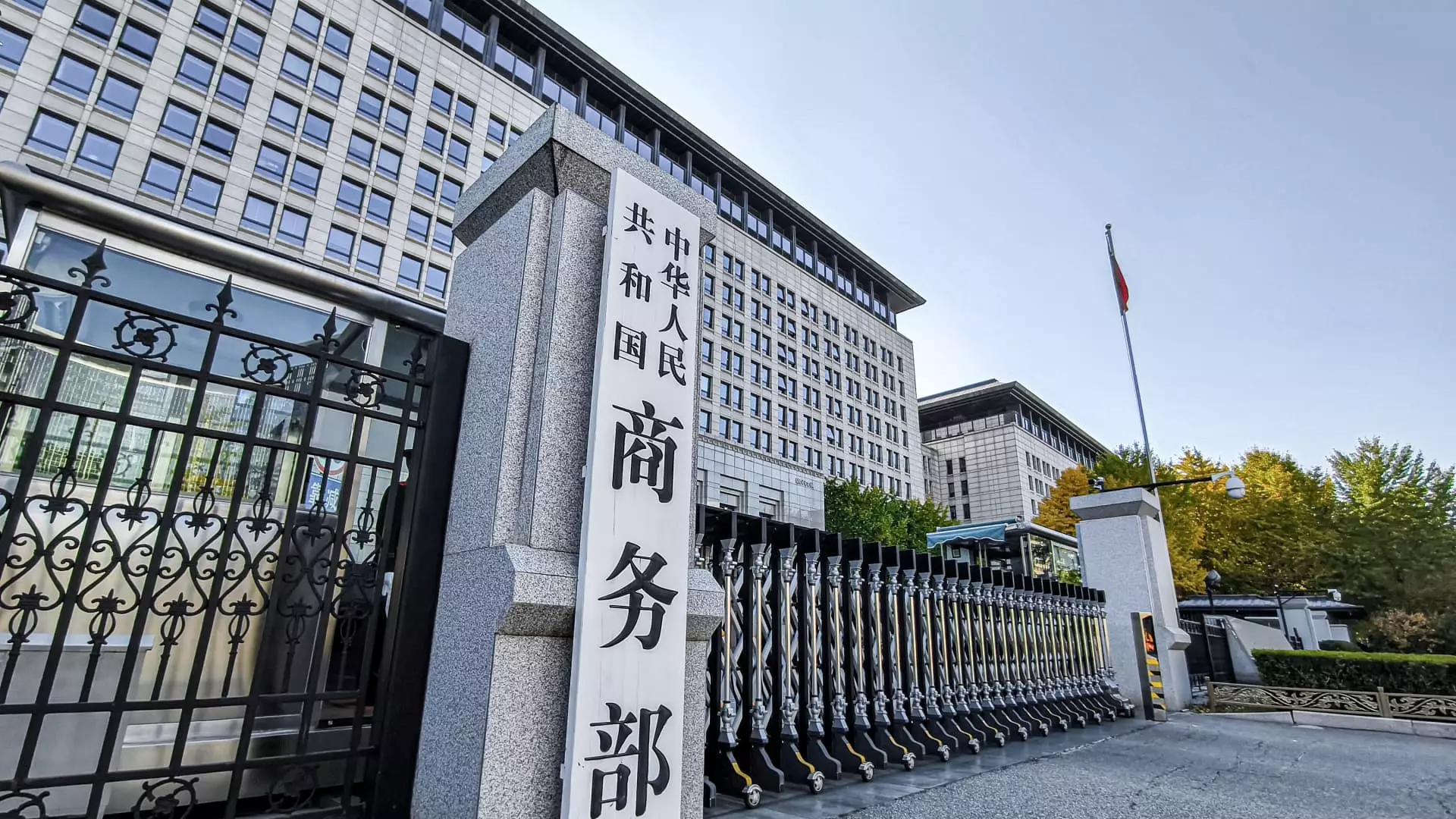The recent announcement of sweeping tariffs by U.S. President Donald Trump has stirred substantial outrage not only within China but across the global stage. The Chinese Ministry of Commerce, in a forceful response, labeled these tariffs as “unilateral bullying,” dismissing them as “subjective and unilateral assessments.” This reflects a critical moment in international trade where the U.S. seems to have taken a path that not only jeopardizes its own economic interests but also threatens the delicate balance of global trade relationships. The devastating impact of such tariffs—34% on China, in addition to an existing 20%—is bound to ripple through economies, affecting industries well beyond the borders of the countries directly involved.
A Dangerous Precedent
What’s alarming is the precedent that these tariffs set for international trade norms. By disregarding established agreements and pushing forward with unilateral measures, the U.S. is not just aiming at financial retribution; it’s challenging the very fabric of cooperative commerce. The claim of “reciprocal tariffs” is laden with implications; it signals a lethal disregard for multilateral engagement and, instead, a preference for a transactional approach. Many nations have rallied in discontent; even allies like Canada and South Korea are bracing themselves for a possible economic deluge as they scramble to protect their industries. This is emblematic of a larger issue—bigger nations flexing their muscles at the expense of smaller countries.
The Global Response: Unity in Dissent
The response from other nations has been both swift and assertive. Canadian Prime Minister Mark Carney’s commitment to fighting back “with purpose and with force” reveals the growing anxiety among nations that their own economies could fall victim to Trump’s aggressive tariff regime. South Korea’s proactive measures to cushion the blow for its car industry are indicative of an emerging consensus—that these tariffs could provoke counterproductive retaliation. Meanwhile, Australian Prime Minister Anthony Albanese’s dismissal of the tariffs as a “poor decision” signals that international leaders are increasingly aligning against what they perceive as intimidating tactics.
The Risks of Isolationism
In an era where partnership and collaboration are keys to economic resilience, the U.S.’s sanctioning of such tariffs reeks of isolationism. Not only is the economic fallout likely to stifle growth, but it also opens the door for adversarial relationships. By pushing these unilateral tariffs, the U.S. risks alienating itself from valuable allies. For nations to reintegrate effectively within a collaborative framework, they will have to navigate the murky waters created by the current U.S. administration’s policies.
With the current trajectory, it seems we are headed toward a dangerous schism in international relations. The notion that trade wars can lead to economic prosperity is a misguided thought that could have dire consequences for all involved. Understanding that globalism is interwoven with national interests is crucial; to thrive, nations must embrace cooperation rather than veer towards combativeness.



Leave a Reply